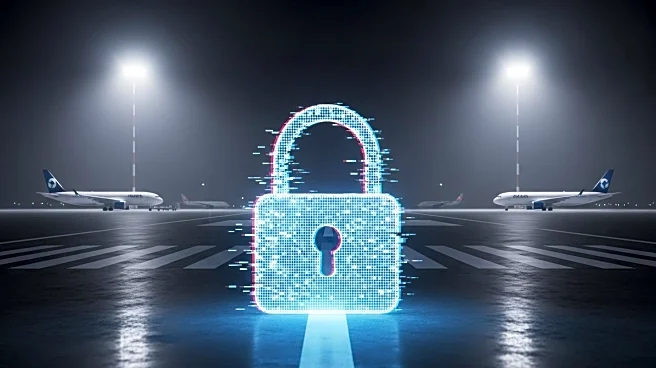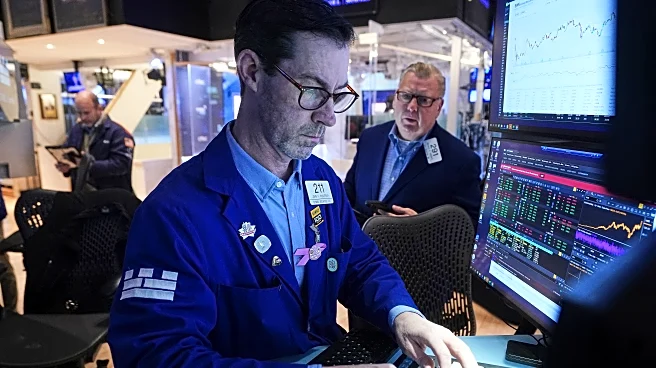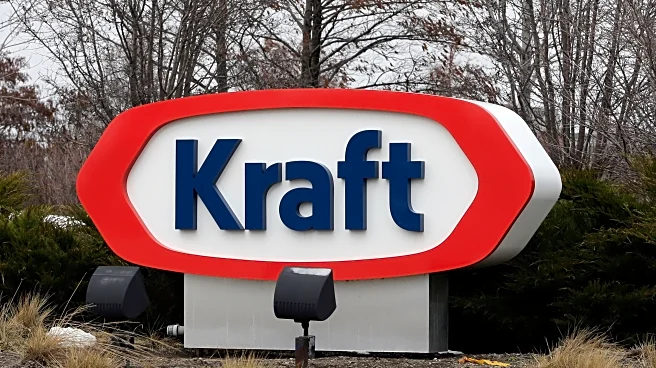What's Happening?
A cyberattack targeting Collins Aerospace, a provider of check-in and boarding systems, has led to significant disruptions at major European airports, including Heathrow, Brussels, and Berlin. The attack has rendered automated systems inoperable, forcing airports to rely on manual check-in and boarding procedures. This has resulted in flight delays and cancellations, affecting numerous passengers. Collins Aerospace's parent company, RTX, acknowledged the cyber-related disruption and stated that efforts are underway to resolve the issue swiftly. The affected airports have advised passengers to confirm their travel plans with airlines before arriving at the airport.
Why It's Important?
The cyberattack on Collins Aerospace highlights vulnerabilities in critical infrastructure systems, particularly those related to air travel. The disruption underscores the potential impact of cyber threats on global transportation networks, affecting thousands of passengers and causing economic losses for airlines and airports. It raises concerns about the security measures in place to protect such systems from future attacks. The incident may prompt increased investment in cybersecurity measures and protocols to safeguard against similar disruptions, emphasizing the importance of robust security frameworks in the aviation industry.
What's Next?
Airports and airlines affected by the cyberattack are working to restore normal operations as quickly as possible. Collins Aerospace and its parent company, RTX, are actively addressing the technical issues to mitigate the impact on passengers. The incident may lead to a review of cybersecurity practices within the aviation sector, potentially resulting in enhanced security measures and increased collaboration among industry stakeholders to prevent future occurrences. Passengers are advised to stay informed about their flight status and follow updates from airlines and airports.










